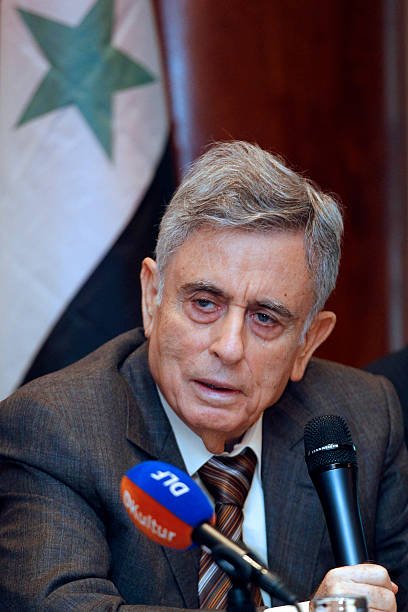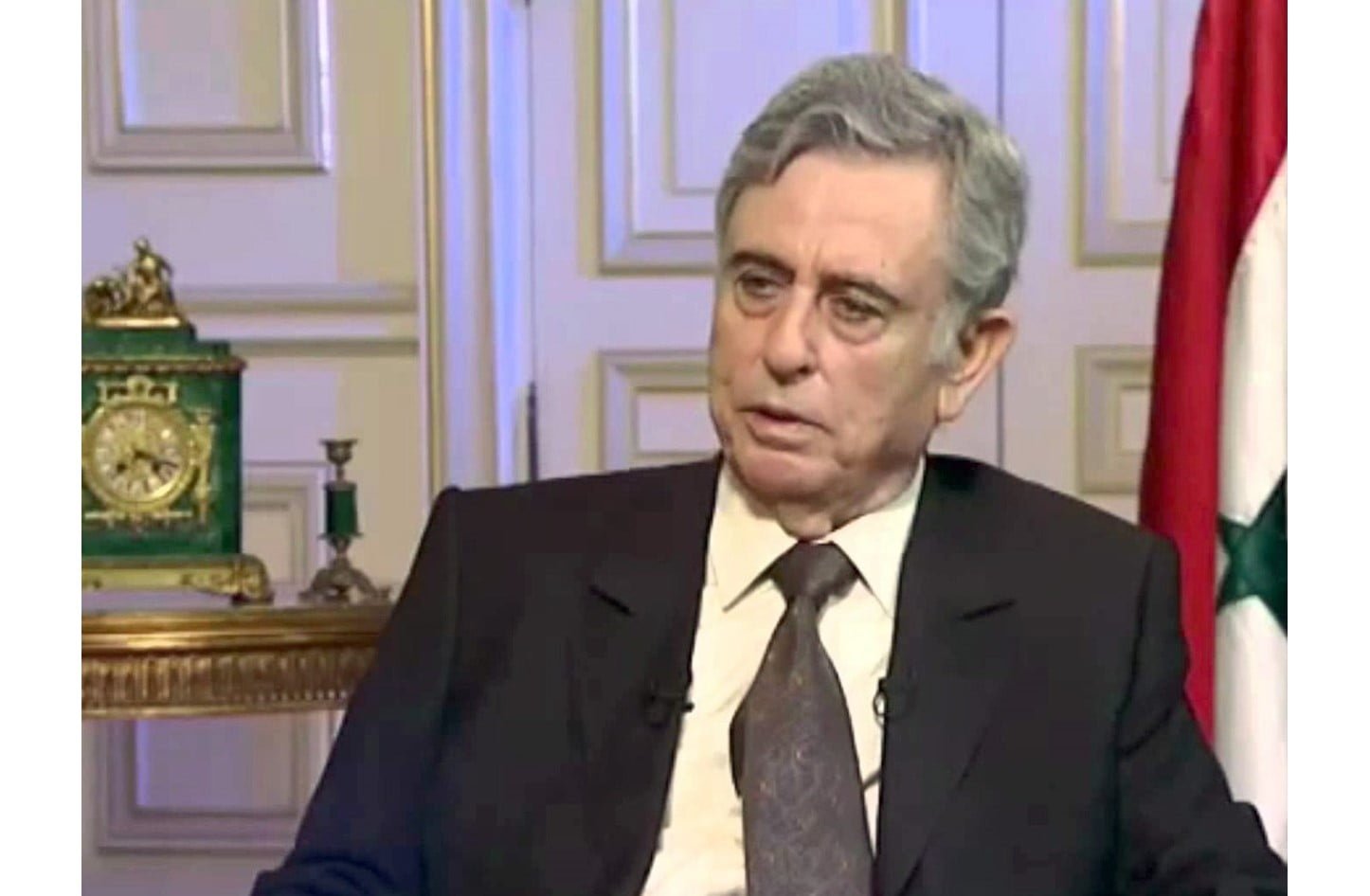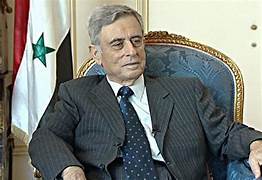The former Vice President of Syria, Abdel Halim Khaddam, who is now a refugee in France, announced in an interview with the newspaper “Le Figaro” yesterday that Syrian President Bashar al-Assad is mobilizing his weapons in the Alawite areas.
The former Syrian official, who defected from the regime in 2005 and has been living in France since then, accused the Syrian President of attempting to implement a plan to “divide” the country.
He added that “Bashar and his family first distributed rifles and machine guns in the cities and villages inhabited by Alawites from their sect. Since a month ago, they started transporting heavy weapons by land towards the coast to hide them in the hills and mountains.”
“Missiles and strategic weapons have all been transported. Tanks and artillery, however, have only been partially divided because the regime needs to retain some of them to suppress protesters in the cities. Bashar also plans to send fighter jets to Latakia airport,” he continued. The Alawite sect, from which the Assad family descends, represents 8% of the population in Syria. Khaddam clarified that “the Alawite areas include southwest of Homs and extend upwards through Hama to reach Latakia on the coast.”
He stated that Assad is currently implementing a plan “aimed at provoking sectarian war.” He added that “the regime has failed, and now he has nothing left but to implement a plan to destabilize and divide Syria, which would destroy the country.”
“I know that he (Assad) has, for a month now, conveyed to one of his Lebanese allies his intention to establish an Alawite state from which he could launch a civil and sectarian war,” Khaddam pointed out.
The latest United Nations figures indicate that more than five thousand people have been killed since the suppression of protests against the regime began in March 2011. However, the UN High Commissioner for Human Rights, Navi Pillay, acknowledged on Wednesday that the United Nations is no longer able to provide an accurate toll of the victims of repression in Syria.




